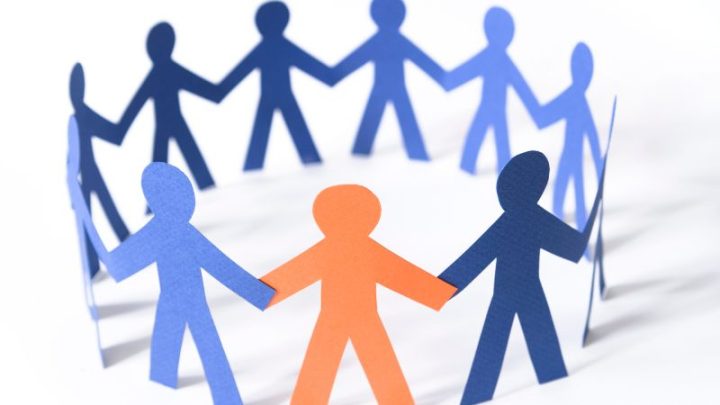Are informal help and care associated with volunteering and charity?
The recent study of Tanskanen et al. investigated prosocial activities among older Finns, i.e. whether informal help (financial support, practical help, personal care) is associated with increased or decreased rates of volunteering and charity.
In Finland the population structure is one of the fastest ageing in Europe. Because of that the participation of the elderly in various prosocial activities is a key issue in a society that promotes active ageing.
Using population-based data of older Finns (N = 2,184), the study examined whether providing informal help to relatives and friends is associated with participation in volunteering and charity.
Practical help and care channelled outside the household were associated with an increased probability of volunteering, although they were not associated with the probability of making charitable donations.
Practical help, financial support and personal care provided to friends were particularly important predictors of volunteering and charity. Finally, the results show that informal help and care given to relatives and friends may complement rather than displace volunteering.
Engagement in multiple prosocial activities may strengthen older adults’ social networks, increase their likelihood of receiving reciprocal support in the future, improve their health and wellbeing, and provide benefits for society as a whole. The authors suggest that governments can support active ageing by making participation in prosocial activities more accessible for older adults, for instance, by helping with travel expenses or equipment costs.
Read more
Tanskanen, A., Hämäläinen, H., Arpino, B., & Danielsbacka, M. (2022). Prosocial activity in later life: Are informal help and care associated with volunteering and charity? Ageing and Society, 1-36. https://doi.org/10.1017/S0144686X22001015

